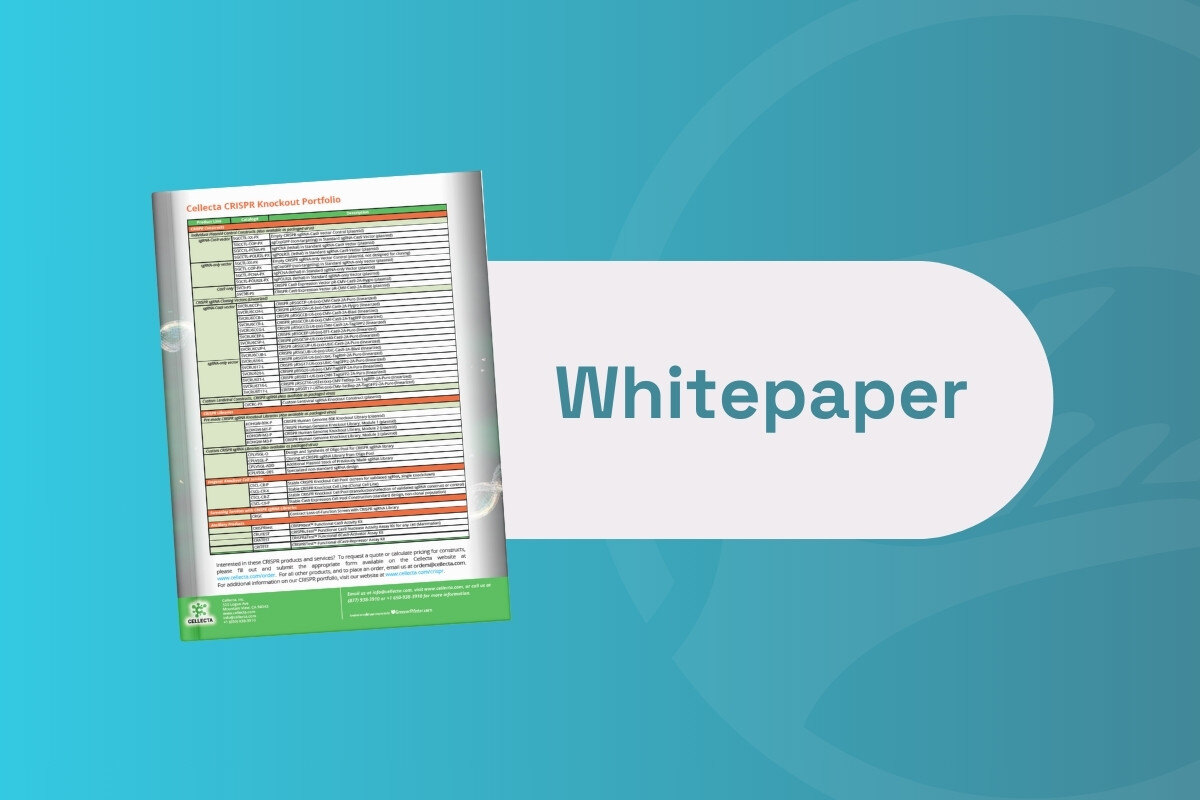Showcasing Bleeding-Edge Genome Editing Companies: NextGen Omics US

The field of genome editing has experienced an explosion in popularity, creativity, and influence in recent years. Since the discovery of CRISPR and the invention of the CRISPR-Cas9 system, the world of genome editing has become permeated by advancing technologies, applications, and even ethical questions.
In 2022, our NextGen Omics US: In-Person conference brought a welcome return to in-person conferencing, with a track entirely dedicated to the field of genome editing. We interviewed Gábor Balázsi who is Henry Laufer Professor of Physical and Quantitative Biology at Stony Brook University, in the twilight of the conference to see what he thought were the highlights of the event.
"It was really great to have in-person interactions."
Oxford Global were thrilled to be able to reinvigorate the dynamic environment of an in-person conference. We are always pleased to call the shining city upon a hill the home of our Omics US event and Boston played host to a wide variety of industry and academic representatives working in the field of gene editing among others.
We asked Balázsi what his priorities were for the rest of 2022. Balázsi said that our conference was particularly valuable to scientists like him who are interested in connecting with the service providers that come to the event.
“At the last NextGen Omics, I met FluidFM representatives, and we were fortunate to get a FluidFM machine in the lab … So, we are highly excited about that.”
"I'd like to follow up with the company representatives and the researchers I met here, it will be a great enrichment of scientific life for me."
The conference was also a fantastic opportunity for our attendees to talk science with people working on similar projects to them. There was a plethora of formal and informal meeting opportunities for conference-goers to discuss key solutions with their peers. We asked Balázsi what he was most excited to see discussed.
“It was also very impressive to see progress with disease treatment. For me, as a basic researcher, it’s really nice to see how people are progressing with addressing diseases like Down syndrome, Duchenne muscular dystrophy, or other diseases; there’s a lot of perspective.”
A great example we saw on day two of the event was a panel discussion on the applications of genome editing across therapeutic contexts. Our panellists were from top researching universities and industry, and candidly gave their perspectives on therapeutic applications of the bleeding edge technology.
Omics US also was able to provide a fantastic snapshot of where the industry is heading and which technologies, while small now, may become major players in the field of genomics.
"It was nice to hear about basic research going on. For example, editing without Cas nucleases. And just learning about how the particular aspects of various diseases define the technologies that we try to use to address them and spur the development of technology."
It was therefore fitting that Balázsi was one of our panellists sharing his insights on our panel discussion ‘Genome Editing Technologies: Where Are We Now and What Does the Future Hold?’ The panel showcased perspectives, not only the most promising technologies available and in development, but informed predictions on the future of genomics.
Join leaders, experts, and researchers at the most scientifically engaging event in Boston. NextGen Omics US: in Person will deliver breakthrough research, technologies and therapeutic applications across Next Generation Sequencing, Clinical Diagnostics, Single Cell Analysis, Genome Editing and Digital PCR.






